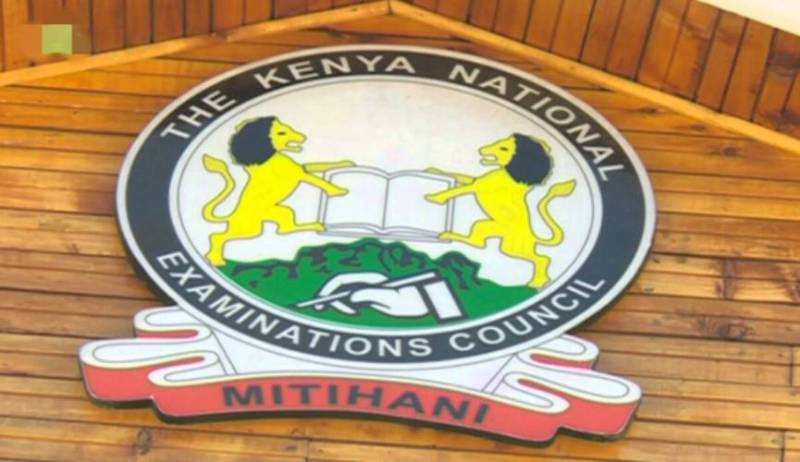By Lillian Aluanga-Delvaux
Poor training, restricted access to information by Government agencies and poor pay are among challenges facing court process servers.
“We are currently working on a draft Court Process Servers Act to address matters of discipline and qualifications,” says Boniface Karugi, Liaison and Strategic officer for the Court Process Servers Society of Kenya. “Then there is the Remuneration Order, which will be a schedule to the law and will indicate how much process servers should earn.”
There are also plans to draft another Schedule containing a code of ethics to regulate conduct of process servers in the country. At the moment, Order V of the Civil Procedure Act guides duties of court process servers. Karugi says the Act has had amendments made to it as late as 2010, but these have hardly touched on sections dealing with payment of process servers.
“After an individual has filed (lawsuit) documents in court, a court process server is tasked with finding the parties involved to serve court orders. Despite the challenges (this entails) process servers are still poorly paid.”
Mr Karugi says a process server should earn at least Sh1,000 for serving papers within a 10-kilometre radius of a court and more on venturing further. But often, many earn anything from Sh500. Others sometimes get nothing. He cites instances where process servers are victims of dishonoured agreements and says a fixed rate is necessary.
Zekariah Nyende, 77, is among the oldest process servers in the country and says little, with regard to payment, has changed since 1972.
Dangerous places
“Some places are dangerous but people may not want to negotiate (a fee that covers the risk involved). I have sought police escort several times,” he says.
Nyende says to succeed as a process server one must remain committed, trustworthy and swift in discharging their duties since matters of the court require urgency to ensure justice is delivered.
“You cannot, for example, delay serving an order that could stop an eviction or demolition that would render many people homeless,” he says.
Mr Karugi says the law is categorical on how this should be done, depending on the parties involved. For instance, when serving an individual, say in an election petition suit, personal service is recommended.
In this case the respondent is required to sign the papers. Such orders, however, can also be served through a relative that is above 18 years. Should this fail, the documents can also be plastered at a conspicuous place on premises where an individual lives or works.
In the case of serving a corporation, one must get the directors of a company or the secretary. This is usually a challenge for many process servers because a company can make it difficult for one to get access to these people.
In dealing with Government, orders are supposed to be served to say the director of a parastatal. The Civil Procedure Act provides for either the CEO or other senior officer so long as they are not mentioned in the suit, to be served.
Stay informed. Subscribe to our newsletter
Qualifications for a Court process server include:
- Must be above 18 and have attained a minimum KCSE Grade of C
- Have at least three years’ experience as a clerk or legal assistant in a law firm
- Must have a referee who can vouch their working experience
- Must be conversant with the Civil Procedure Act, particularly Order 5.
 The Standard Group Plc is a
multi-media organization with investments in media platforms spanning newspaper
print operations, television, radio broadcasting, digital and online services. The
Standard Group is recognized as a leading multi-media house in Kenya with a key
influence in matters of national and international interest.
The Standard Group Plc is a
multi-media organization with investments in media platforms spanning newspaper
print operations, television, radio broadcasting, digital and online services. The
Standard Group is recognized as a leading multi-media house in Kenya with a key
influence in matters of national and international interest.
 The Standard Group Plc is a
multi-media organization with investments in media platforms spanning newspaper
print operations, television, radio broadcasting, digital and online services. The
Standard Group is recognized as a leading multi-media house in Kenya with a key
influence in matters of national and international interest.
The Standard Group Plc is a
multi-media organization with investments in media platforms spanning newspaper
print operations, television, radio broadcasting, digital and online services. The
Standard Group is recognized as a leading multi-media house in Kenya with a key
influence in matters of national and international interest.





